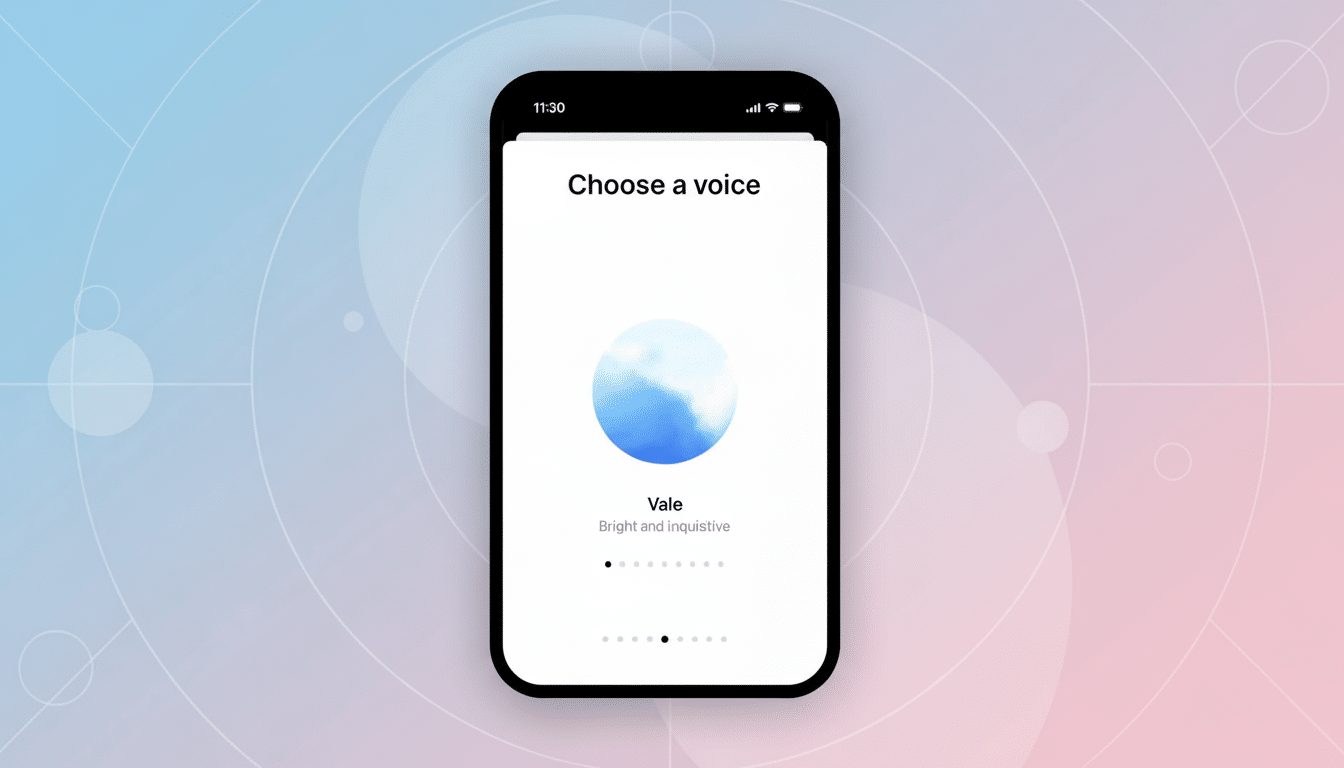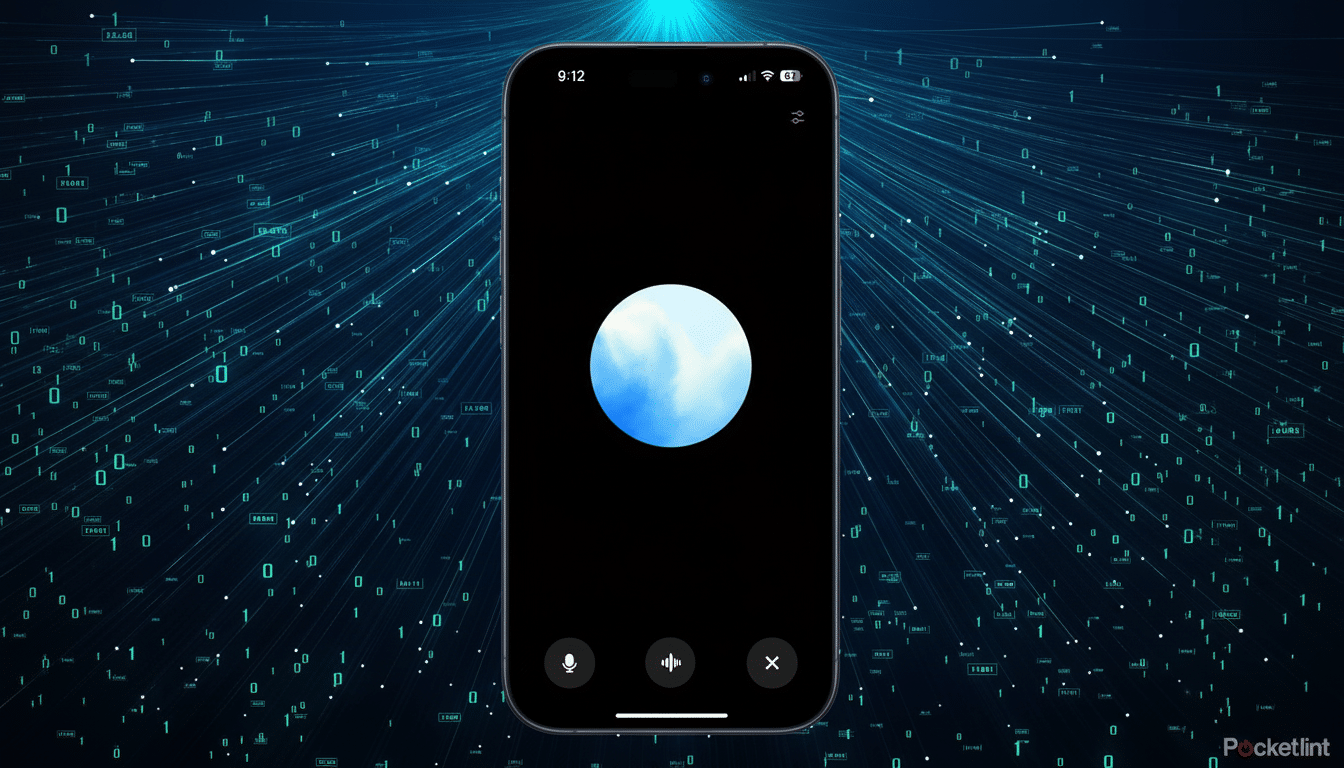I wanted Gemini Live to be my voice assistant and daily check-in. But through weeks of side-by-side testing, ChatGPT’s Voice mode kept serving up the fast, accurate, and sourced (or at least author-acknowledged) answers that make you trust an AI in the clutch. Gemini Live is swift and personable, but once questions demand updated info or shades of meaning it drifts too often into generic filler or gentle hallucination. For the mass race it won’t approximate dirt levels; for elite athletes in real use, tack without depth just screams miss.
Real-time voice speed versus real answers you can trust
Both systems are supposed to offer natural, back-and-forth conversation. The difference is the before-they-talk part. Occasionally, ChatGPT Voice will pause for a moment or two and announce that it’s consulting the web, before responding with a short summary grounded in recent reporting. Gemini Live also seems to answer more or less instantaneously, and that near-zero latency might derive from a lighter model operating in real time, one that doesn’t always browse or reason as deeply.

It does show up in quality. In my testing, ChatGPT Voice consistently summarized the context with brief but relevant details (Gemini Live frequently was more like that tree), and Gemini Live often went to evergreen advice. That gap is frustrating pretty quickly when you’re asking about active product rumors, policy changes, or unfolding news.
Where Gemini Live Falls Short in Daily Use
Inquiries on what is next for the iPad mini dangle in the air, and if you can wait, or should you buy now, then Gemini Live takes a general buying-tip smorgasbord along with a look back at the current model.
It largely skirted the real issue: recent supply chain chit-chat and analyst musings about possible display and processor shifts. ChatGPT Voice, by contrast, boiled down the most recent reporting and layered in a note of cautious consideration about the reliability of rumors, while putting into stark terms the risks associated with holding back.
I saw the same trend with graphics cards. Questioning the rumored “Super” variants led Gemini Live to start confusing timelines and talking about previous lineups; it even veered into a wrong release window. ChatGPT Voice kept it clean, clarifying models that shipped versus rumors and what was confirmed versus expected. The distinction wasn’t wordiness — it was judgment.
Trust comes from transparency and visible citations
When ChatGPT Voice does resort to browsing, its transcript often includes quoted links from the app so you can see where information came from.
That transparency matters; studies with the Stanford AI Index and evaluations including the LMSYS Chatbot Arena consistently demonstrate that users strongly prefer systems that are both beneficial and accountable to experience, particularly around time-sensitive questions.

Gemini Live seldom cites sources in voice interactions — and it fails to note consistently when it’s referring out to new web data. That can make a fluent but shallow answer sound knowledgeable when it ought not to. This is a remarkable gap for a company that has unparalleled visibility into Search.
Latency is not the only KPI when judging voice AIs
Real-time systems balance turn-taking, interruption management, and latency budgets. OpenAI’s latest demos of its real-time autocue stack suggest that you can keep the conversation snappy and still genuinely take a beat and fact-check when it is required. Google’s Gemini Live demos are impressive, with more responsive and multi-turn skills like sharing the camera, but production experience too often seemed to deprioritize thoughtful replies in favor of quick ones.
The solution is not exotic:
- By default, give the model permission to browse for newsy queries.
- Play an audible fox sound when it’s knowledge-browsing.
- Prioritize shorter answers with sources over longer riffs on unspecified stuff.
- If you don’t know the answer, state that simply.
- Users appreciate authenticity more than fake bravado.
Ecosystem and pricing reality for everyday users
It was never going to be portable hardware; it should have been reach at retail long-term that made Gemini Live feel much more significant. But now Google is bringing it to phones and earbuds, as well as smart speakers with tight integration throughout the home. But that is a mere bandage if the core experience itself cannot be trusted. ChatGPT Voice is the current denoter of that quality bar, and as yet can be used without a paid tier; Gemini Live is accessible via subscription in different configurations. Voice is more difficult to justify paying for if the free option is smarter and clearer.
What Google should do next to improve Gemini Live
Gemini’s text-oriented engines have matured significantly and this needs to come back to Live. A few simple steps could transform the narrative rather quickly:
- A Speed/Depth toggle switch
- Default retrieval of timely topics
- Visible citations in the transcript
- Tighter grounding to Search
- More strict constraints on speculative language
- A brief history of delivery by default, with longer on request
I was hoping, going in, that Gemini Live would be a redemption for Google’s voice ambitions. Today, for me, ChatGPT Voice just blows it away — not because it talks faster, but because it thinks before talking. Once Google patches up that single annoyance, the rest is in place to shine.

